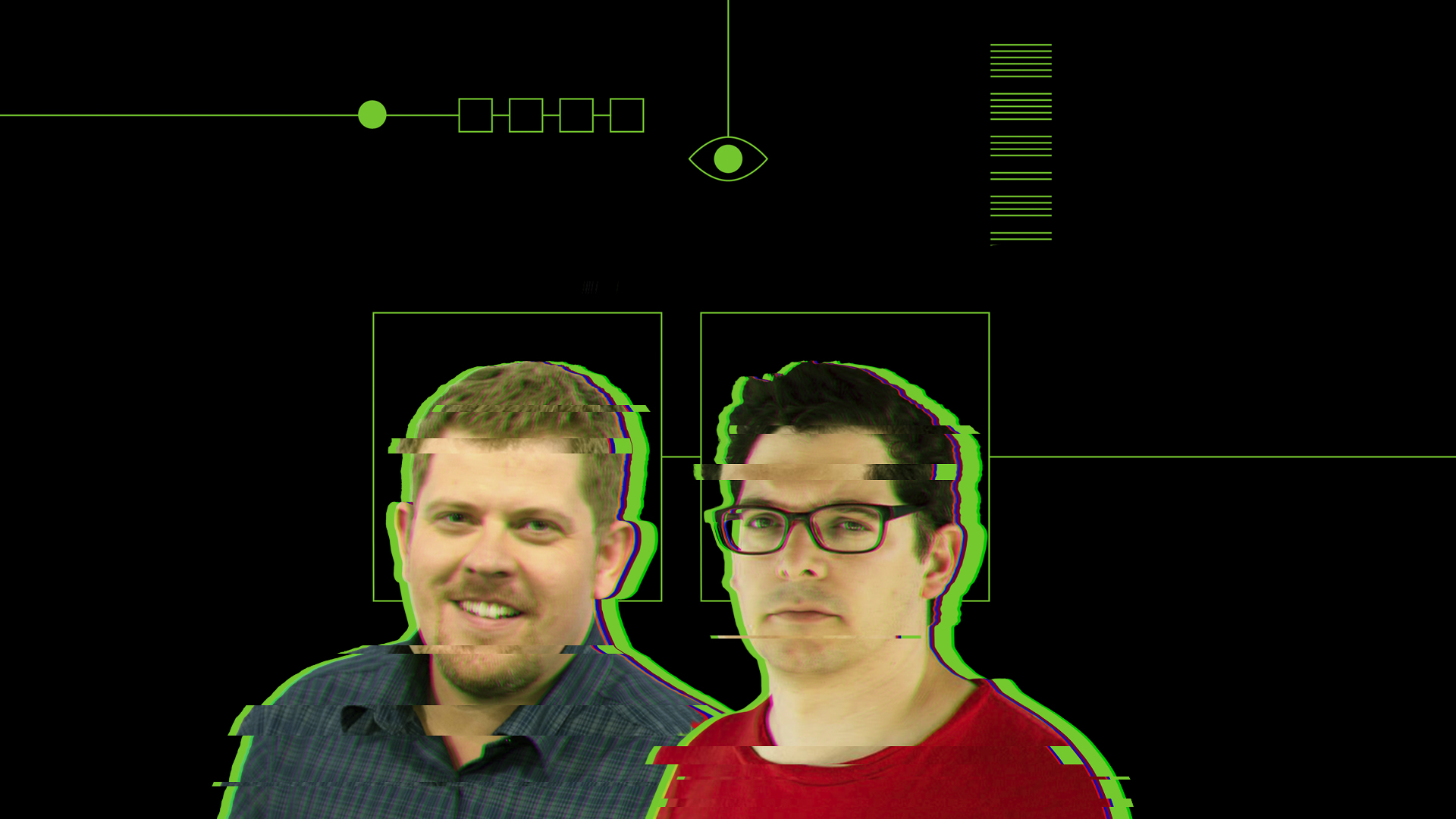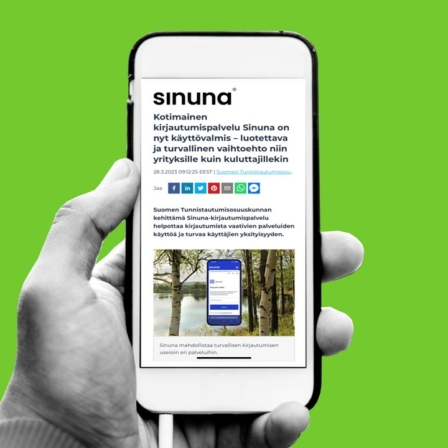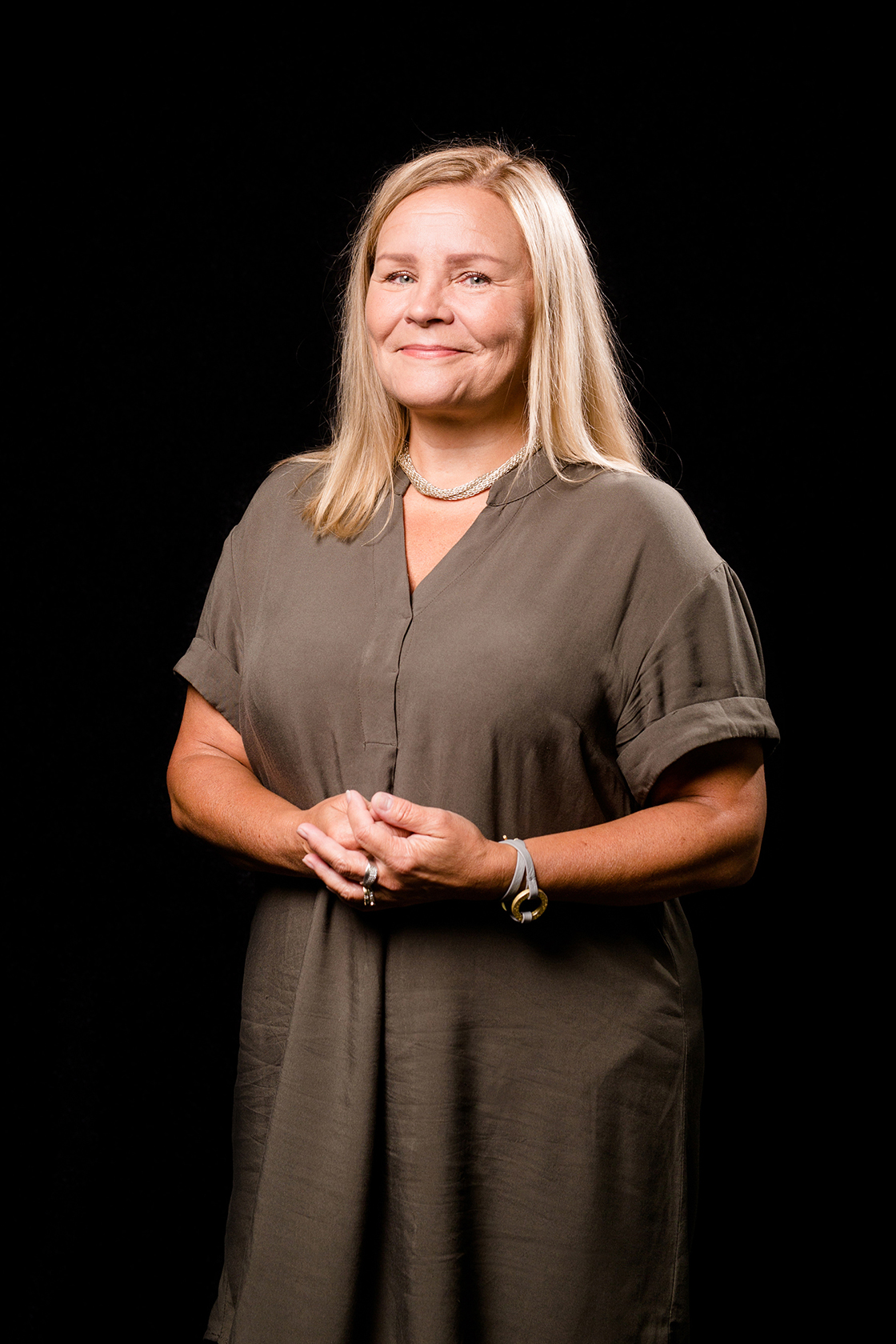Data is often compared to oil but the metaphor does not really work. While oil is not a renewable resource, data can be reproduced endlessly. While oil can only be used once, and we know where it comes from and how it is processed, the provenance of data is a lot more obscure. At the moment, we have little knowledge of how data about us is collected and used.
Therefore, we individuals are often exchanging our data for things without understanding the risks, according to Paul-Olivier Dehaye, the data specialist leading Sitra’s Digipower investigation research team: “We often hand over our data to a digital business in exchange for access to an immediate reward, such as an app or website. However, we are usually not able to see the bigger picture and the long-term risks of sharing our data: where does the data end up and what is it used for? That is why we don’t really understand what we are selling.”
Dehaye was himself involved in exposing secret misconduct within the data economy. He was one of the experts who revealed the Facebook–Cambridge Analytica scandal. In 2018, it was discovered that the private data of more that 87 million Facebook users had been disclosed without consent to the Cambridge Analytica consultancy firm, which used this data to mount the presidential campaigns of Ted Cruz and Donald Trump, among others.
According to Dehaye, the exposure was a watershed moment in the public debate on the global data economy. “More people are now better aware that data is something a lot more than the next-door neighbour posting embarrassing holiday photos on Instagram. It is not just everyone’s own business. When companies are able collect data on hundreds of millions of people, it will present major risks affecting entire societies.”
Do we need a data revolution?
As things stands, data is collected particularly efficiently by Silicon Valley tech giants, but also by many other companies. At the same time, these companies are also accumulating power to influence people’s decisions. According to Dehaye, that power needs to be challenged. He compares the situation to the relationship between people and the clergy in the Middle Ages: “We are in a situation where we are placing our trust in the hands of large tech firms because their CEOs are telling us that it’s safe and they can be trusted. And we are supposed to have blind faith in them, just as we used to have blind faith in the church, who dictated how people should lead their lives.”
Dehaye suggests that a second scientific revolution is needed, a data revolution, to ensure that people are not fed certain truths from above. “Scientific revolution meant systematically looking at phenomena, which completely changed the way we all see reality today. We might now need a similar overhaul. We don’t have to trust CEOs or to hand over data and power to them. People can demand to have control of their own data and to use it how they want to use it.”
Does current legislation work?
In reality, the legislation that enshrines our right to control our own data exists. The EU’s General Data Protection Regulation (GDPR) General Data Protection Regulation (GDPR) Regulation (EU) 2016/679, the European Union’s ("EU") new General Data Protection Regulation ("GDPR"), regulates the processing by an individual, a company or an organisation of personal data relating to individuals in the EU. Open term page General Data Protection Regulation (GDPR) requires every company handling personal data to disclose how and for what purposes they use such data and, on request, to provide access to a data subject’s personal data held by them.
As yet, however, the legislation falls short of providing proper protection, and people have not really rushed to demand to see their personal data. “The GDPR is an excellent piece of legislation, and there isn’t necessarily a need for new legislation. But its implementation is still a long way from the intended goal: data is often difficult to access despite requests, and there are no sanctions that can be levied on data controllers for a failure to comply with the GDPR,” Dehaye explains.
Moreover, it is extremely difficult for a lay person to understand their own data, let alone use it, even if they gain control over it. It is these problems that Dehaye, together with his research team, hopes to address with the Digipower investigation carried out in collaboration with Sitra.
The investigation teaches 15 people – policymakers, journalists and opinion leaders – how to take control of data and by doing so to understand the logic of the data economy: who collects data on them, where it is distributed and how can it be used to influence a decision-maker?
The idea is that the decision-makers and opinion leaders participating in the investigation learn to see the covert use of power within the data economy through their personal experience and gain a better insight into how the problems associated with the phenomenon could be tackled. “Political decision-makers are the link between the people and the businesses collecting data. Politicians decide on the regulation of the data economy and how the legislation should be enforced. Therefore, it is crucial that they, more than anyone, understand how personal data is being used and how well or poorly the rights guaranteed under the GDPR are currently realised,” says Dehaye.
The test persons participating in the Digipower investigation include Miapetra Kumpula-Natri, MEP, Atte Harjanne and Anders Adlercreutz, MPs, and Jyrki Katainen, President of Sitra.
The participants will get a glimpse behind the scenes of the data economy
The aim is for the participants in the Digipower investigation to gain an insight into where their data is distributed. In practice, Dehaye and the British data researcher Alex Bowyer, the co-lead of the investigation, give personal coaching to each of the Digipower investigation participants to take control and understand their own data. “We help them take control of their own digital life,” Bowyer says.
This requires three steps. First, the participants will use the GDPR data request to review their own data or download this data from data portals voluntarily offered by companies. Second, test phones given to the participants for their personal use will have the TrackerControl app installed, which traces the data whenever the participant uses their phone.
Finally, the most interesting step: the research team will illustrate to the participants through a visual data experience tool and discussions how their personal data was used. The distribution of data and its use is illustrated using the data experience tool developed by Dehaye and Bowyer’s company, Hestia.ai, into which any one can upload the personal data collected by digital platforms, such as Twitter, as a zip file. The tool processes the data and creates a graphic visualisation of who uses the data and how.
The data experience tool shows, for example, which companies target their advertisements mostly through Twitter, what data is used to optimise personalised ads (such as location data, age, gender, language, app usage, profiling based on the accounts followed on Twitter), how often users are targeted with personalised ads and how often users actually react to them.
The goal of the exercise is to introduce the decision-makers to the hidden influencing mechanisms within the data economy. “We are able to give our test subjects a glance behind the scenes of the data economy: who is trying to influence them and by what means?” Dehaye explains.
Data is a valuable resource
The data economy is an abstract and complex phenomenon. The two specialists, Bowyer and Dehaye, have planned for the project to offer the test persons a deep dive into the personal data collected on them during the investigation period. “It takes serious coaching to understand the ins and outs of data. Only then can a person begin to comprehend just what is at stake,” Dehaye says.
Requesting one’s personal data from companies can alone reveal loopholes in the current data economy. “What data different companies provide and in which format and how readily varies widely. This is something decision-makers need to experience first-hand. For the GDPR to be effective as a regulatory instrument, we need better standards for monitoring data subjects’ access to data. Otherwise, a person’s right to access personal data is not realised in practice.”
The two specialists emphasise that the test subjects always have the power to decide what data they agree to share with the research team. Trust and self-determination are also central to this experiment. “We are extremely grateful that such high-profile decision-makers have agreed to participate in the Digipower investigation. It takes certain humility to admit that, as digital service users, they are just like anyone else: they have no clout or power to decide how their data is being used in order to influence them,” says Dehaye.
This is a long-term challenge that the researchers have agreed to take on, a challenge they hope will result in change: “Right now, companies have data, people don’t. I am interested in resolving the issue of shifting more of that power to the people,” says Bowyer.
The solution for redistributing digital power is in the hands of the decision-makers. They are in a position to initiate discussion on how power is divided up in the data economy and, as a result, to promote better oversight and fairer regulation governing data economy companies.
“Data is an extremely valuable resource: it generates revenues, it guides social change and political decision-making and forms a basis for scientific research and innovation. Why should the power over that resource belong only to a handful of corporations? We can demand to have our data back for our own use,” Dehaye concludes.
Social and digital media influence our thinking on a daily basis, sometimes distorting the truth. Sitra’s Digipower investigation tracks the journey of 15 leading influencers and their own data and shows what happens to their data and how data becomes power. The results of the project will be published in early 2022.













Latest